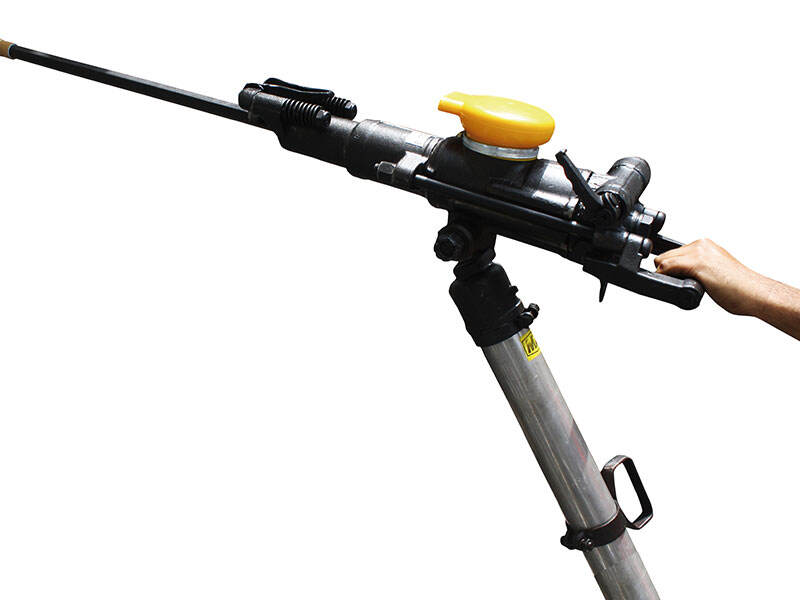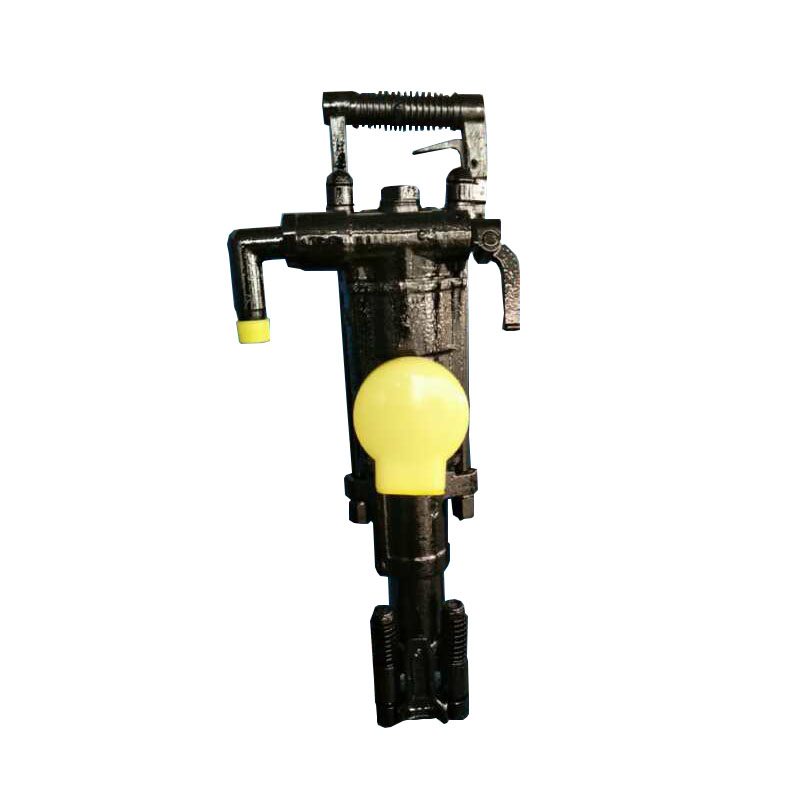Rock Drill: Essential Tool for Rock Drilling
A rock drill is a specialized device used for drilling holes in rocks. It is crucial in mining and tunnel engineering. There are different types such as pneumatic rock drill, which uses compressed air and is simple in structure and easy to maintain; hydraulic rock drill, known for its fast drilling speed and high efficiency; and electric rock drill, which is relatively more environmentally friendly. DECKWELL, with over 20 years of industry expertise, may offer reliable rock drills for various applications in these fields.
Get A Quote

